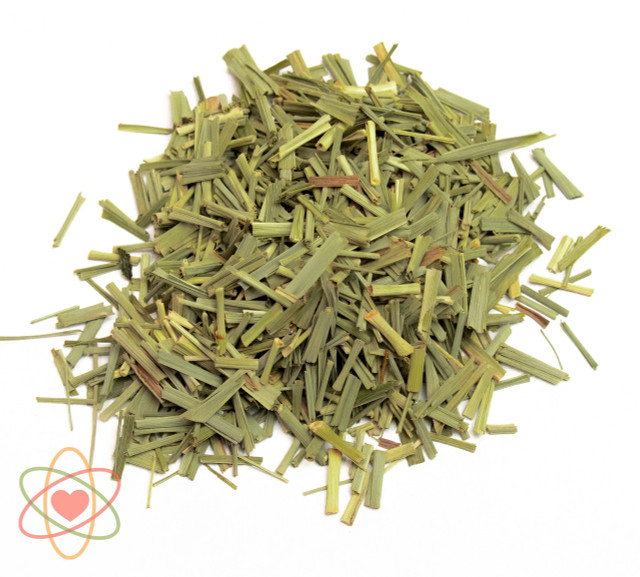
Lemon Verbena

Lemon Verbena
FAQs
What does Lemon Verbena taste like?
Lemon Verbena has a powerful and pure lemon flavour, often described as being more 'lemony' than a lemon itself. It's bright, sweet, and floral with a sherbet-like quality, and lacks the sour acidity of the actual fruit, making for a very smooth tea.
Is Lemon Verbena the same as Lemon Balm or Lemongrass?
No, they are three different plants. Lemon Verbena has the most intense, sweet, and perfume-like lemon scent. Lemon Balm is in the mint family and has a softer, more herbaceous lemon flavour. Lemongrass has a distinctly woody, grassy lemon taste.
How do you make the best Lemon Verbena tea?
For a perfect cup, use 1-2 teaspoons of the dried leaves and pour over water that is just off the boil. Cover your cup or pot and steep for 5-7 minutes. Covering it is key to trapping the fragrant essential oils in your tea.
Does Lemon Verbena tea contain caffeine?
No, Lemon Verbena is a true herbal tea (tisane) and is naturally 100% caffeine-free. Its relaxing aroma and smooth flavour make it a wonderful choice for an evening drink.
Can I use Lemon Verbena in cooking?
Absolutely! It's a fantastic culinary herb. Finely crumble the dried leaves to flavour fish, poultry, salad dressings, and marinades. It is also exceptional in sweet dishes like shortbread, custards, ice cream, and infused syrups.
Where does Lemon Verbena come from?
Lemon Verbena (Aloysia citrodora) is a perennial shrub native to South America. It was brought to Europe by the Spanish and Portuguese in the 17th century, where it became highly prized for its intensely fragrant oil and culinary uses.





